qī
cheat, deceive
Phonosemantic compound. 欠 represents the meaning and 其 represents the sound.
Evolution

Seal script
Shuowen (~100 AD)
Clerical script
Western Han dynasty (202 BC-9 AD)
Clerical script
Eastern Han dynasty (25-220 AD)Regular script
ModernDefinitions
Most common words with 欺
Freq. | Word | Meaning |
|---|---|---|
to deceive | ||
to bully | ||
to cheat | ||
to deceive | ||
to believe one's own lies |
Sources
